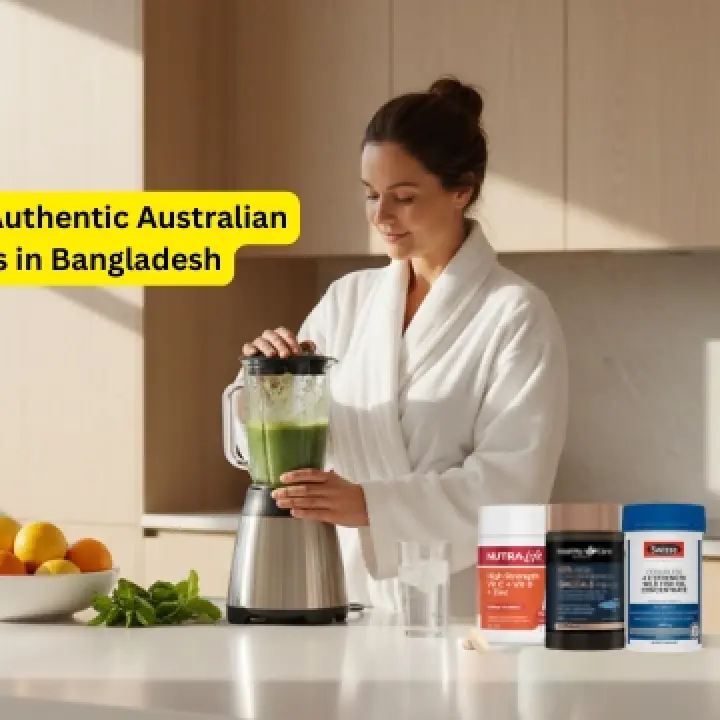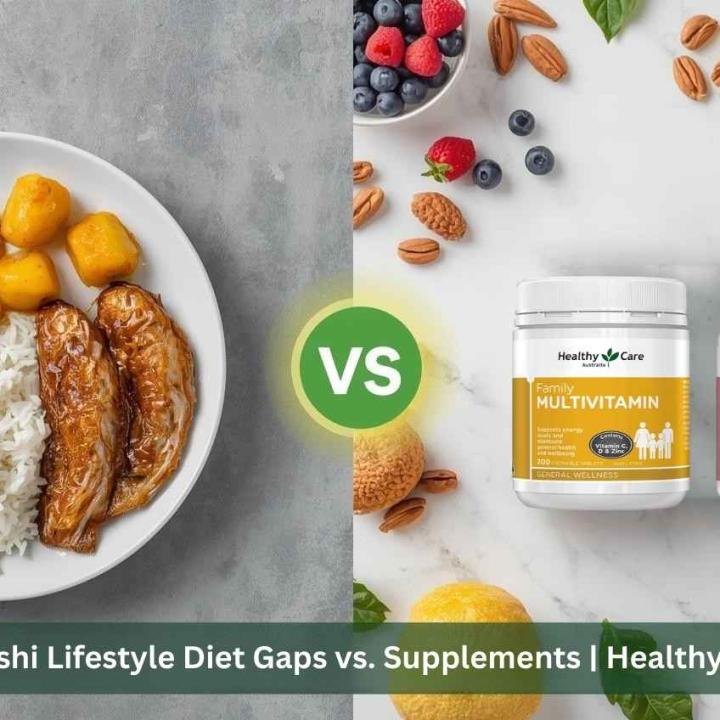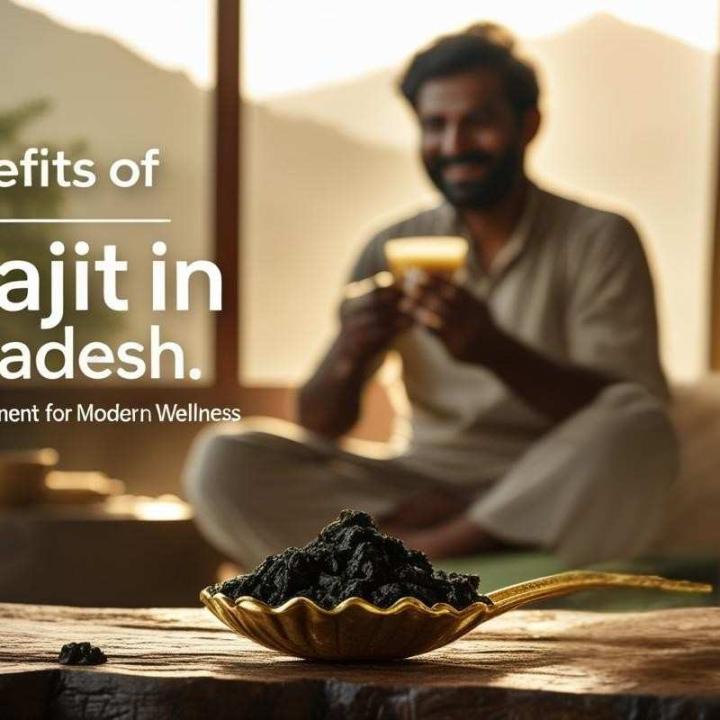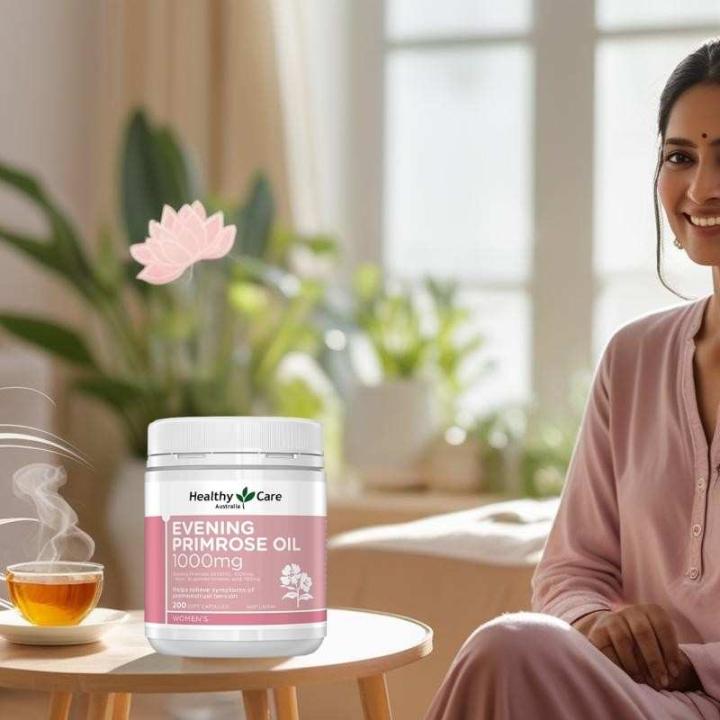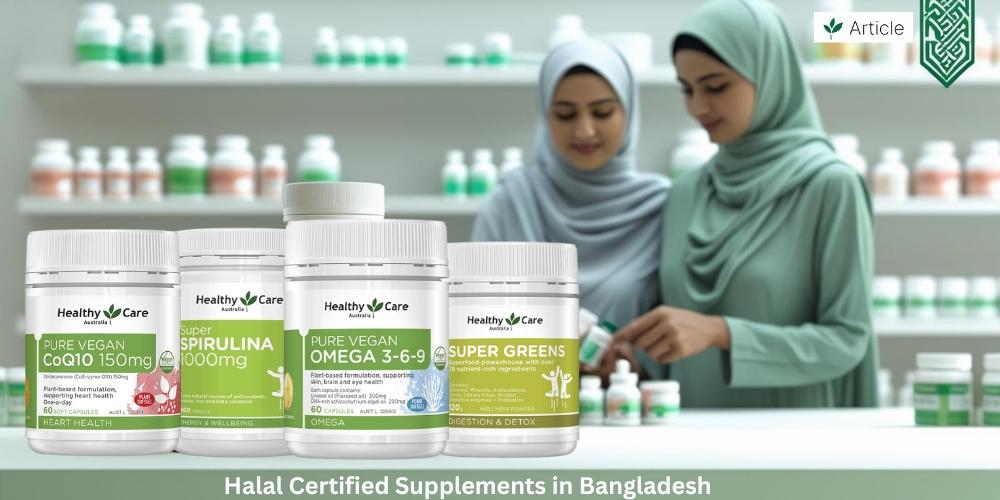
Halal Certified Supplements in Bangladesh – What to Look For
As a Muslim consumer in Bangladesh, you carefully choose your food and lifestyle products to ensure they’re halal. But what about your supplements?
From multivitamins to Omega-3s, many health products contain hidden ingredients that may not be halal, like gelatin, alcohol, or animal-derived enzymes. That’s why it’s critical to understand how to spot halal-certified supplements and avoid haram ingredients.
In this blog, we’ll cover:
- → What makes a supplement halal or haram?
- → Common non-halal ingredients to watch for
- → What does halal certification mean?
- → How to verify halal claims in Bangladesh
- → Recommended halal-friendly and vegan supplement options
✅ What Makes a Supplement Halal?
- To be considered halal, a supplement must:
- Contain no pork or pork-derived ingredients (e.g., gelatin)
- Avoid alcohol as a solvent or preservative
- Use halal-slaughtered animal derivatives, if any
- Be free from cross-contamination with haram substances during production
- Be manufactured in a hygienic, certified facility
- Supplements that meet these criteria are either:
- Halal-certified by a recognized body (e.g., JAKIM, HFA, IFANCA), or
- Vegan-certified (meaning 100% plant-based and often halal-compliant by default)
❌ Common Haram Ingredients to Avoid
When buying supplements in Bangladesh, always check the label for:
| Ingredient | Why It’s Problematic |
|---|---|
| Gelatin (unlabeled) | Often derived from pork or non-zabiha beef |
| Stearic Acid / Magnesium Stearate | Maybe animal-sourced |
| Alcohol (ethanol) | Used as a solvent in some liquid supplements |
| L-Cysteine | Can be sourced from animal hair or feathers |
| Enzymes / Rennet | Often animal-based, unless labeled microbial or plant-based |
If the source isn’t listed, contact the manufacturer or choose a halal-certified or vegan alternative.
🔍 What Is Halal Certification?
- Halal certification is a formal process where a recognized Islamic authority inspects and verifies that:
- The product contains only halal ingredients
- There is no cross-contamination with haram materials
- The manufacturing facility follows Islamic guidelines
- Some of the most widely accepted halal certifiers include:
- IFANCA (USA)
- JAKIM (Malaysia)
- HFA (UK)
- Halal Certification Authority (Australia)
🔒 When you see these certifications, you know the supplement is safe for Muslims to consume.
Real-Life Example – Muslim Consumers in Bangladesh
A recent consumer survey in Dhaka found that 7 in 10 Muslim supplement users did not check the ingredient label or halal status, even though 90% said halal compliance is “very important.”
By choosing supplements with certified halal status or verifiable compliance (vegan, gelatin-free, alcohol-free), you protect both your health and your values.
🛒 How to Choose Halal Supplements in Bangladesh
When shopping for supplements (online or in-store), use this checklist:
- ✅ Look for a Halal logo from a known certifier
- ✅ If no logo, choose Vegan or Vegetarian labeled products (no gelatin or animal by-products)
- ✅ Check the capsule source – look for “HPMC” (plant-based) or “vegetable cellulose”
- ✅ Avoid products with unclear ingredients or “proprietary blends” with no transparency
- ✅ Choose brands that are TGA, FDA, or GMP-certified —these follow strict ingredient regulations
🏅 Recommended Halal-Friendly Supplement Brands
- 1. Healthy Care (Australia)
- While not all products are halal-certified, their Pure Vegan range is gelatin-free, alcohol-free, and suitable for most Muslim users.
- 2. Swisse (Australia)
- Some products are vegetarian or vegan-friendly. Look for softgels labeled “no gelatin” or vegan.
Ideal for women’s health, bone support, and energy formulas.
- Some products are vegetarian or vegan-friendly. Look for softgels labeled “no gelatin” or vegan.
- 3. Nutra Life
- Offers gelatin-free options in Omega-3 and joint support. Some products use vegetable capsules instead of bovine gelatin.
🧾FAQs – Halal Supplement Shopping in Bangladesh
Q: Are all vegan supplements halal?
✅ In most cases, yes. Vegan means no animal or alcohol ingredients, which aligns with halal principles. But they may not carry an official halal stamp.
Q: Do halal-certified supplements exist in Bangladesh?
Yes. some imported products (especially from Malaysia or Australia) are certified. Local pharmacies may also carry halal items, but always double-check labels.
Q: Is gelatin always haram?
Not always. If it comes from halal-slaughtered beef and is certified, it may be acceptable. However, most gelatin is pork-derived or unverified, so it’s safer to avoid unless labeled.
Q: Can I trust products without a halal logo?
Only if they are vegan or you’ve verified the ingredient sources. When in doubt, don’t risk it.
Conclusion – Choose Supplements That Align with Your Health & Faith
In Bangladesh, choosing the right supplement isn’t just about quality; it’s also about values. Halal-certified or vegan supplements give you confidence that you’re supporting your health without compromising your beliefs.
So, the next time you buy Omega-3, multivitamins, or herbal capsules, pause and read the label. Better yet, look for halal-safe brands like Healthy Care, Swisse, or Nutra Life, available now on trusted platforms like HealthyCare.com.bd and Australiangoods.com.bd
Because halal health isn’t a luxury, it’s a responsibility.
🔗 Explore Related Guides
Looking for halal-safe supplements in Bangladesh?
Explore gelatin-free, vegan, and halal-compliant formulas now at:
- ✅ Fast Delivery
- 💸 Cash on Delivery
- 🇦🇺 Trusted Brands
References:
- TGA Australia – Goods Manufacturing Standards
- JAKIM Malaysia – Halal Certification Guidelines
- PubMed – Muslim Dietary Needs and Halal Supplement Use
- Journal of Islamic Medical Association – Halal Compliance in Pharma
- Mayo Clinic – Understanding Capsule Ingredients

